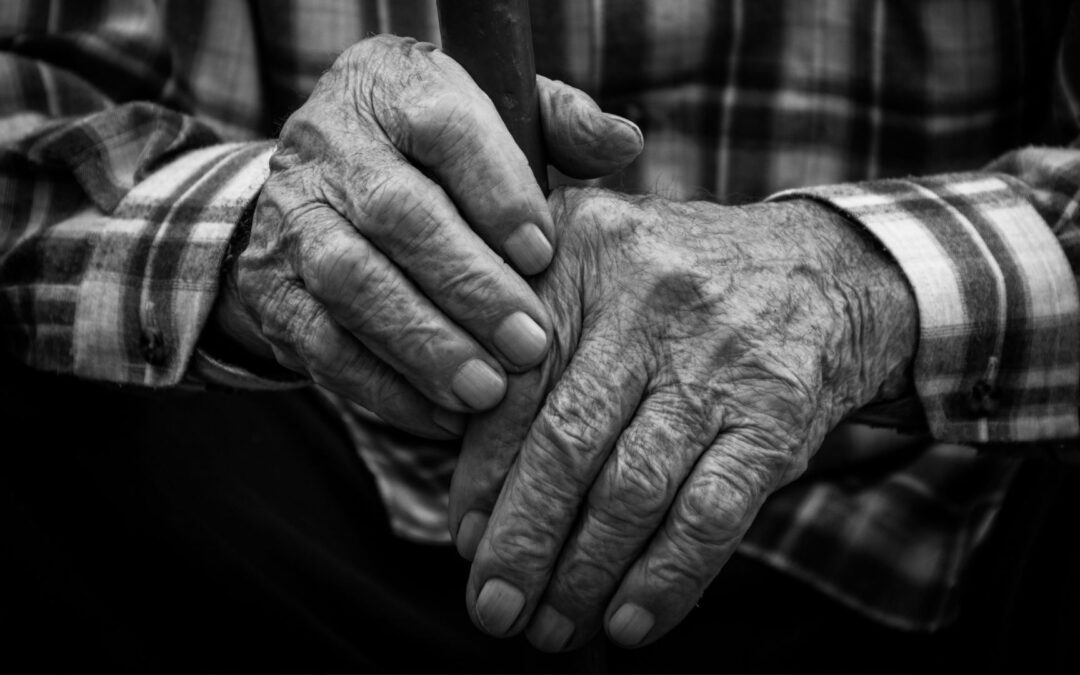“Nothing’s changed since the Middle Ages. Elders can only leave 2 things behind for the next generations: assets and skills.”
I was fortunate to have a conversation with an older gentleman who had been incredibly successful, both in his business and personal life.
Let’s call him OG, for Older Gentleman, to protect his privacy.
Me: “What exactly do you mean by leaving assets and skills behind?”
OG: “Well, centuries ago, if you were a farmer, your kids were likely to grow crops and raise cattle for a living. And if you were a farrier, your sons were likely to nail shoes into horses’ feet.”
Me: “Sure, but there aren’t many farriers these days, and fewer farmers, so things have changed a lot.”
OG: “Of course. Centuries ago, what these workers left to their kids is technically an asset. The same way parents and uncles and aunts can now leave an asset for their kids, nephews, or nieces. Except that now, most of the time, that asset is financial. It’s rarely a family business or a veterinary practice these days. Rather, it’s the end result of working in the business, in the form of an inheritance: savings, investments, life insurance, etc.”

OG: “Certainly. Before, the farmer’s kids would naturally learn skills while working (and living) on the farm. The farrier’s kids would learn the trade by observing their father and learning secrets on the job. And they would live in the same village. These days, few kids live where their parents lived, and few kids have the same job as their parents.”
Me: “So what skills can parents leave behind in that case?”
OG: “That’s the missing link. In my view, they should leave behind life skills, family stories, and financial knowledge.”
Me: “That makes sense. Now we’re on the same page, I understand what you meant by leaving assets and skills behind for the next generations. Please tell me more.”
OG: “In essence, the wealth formula hasn’t changed over the centuries. It was, and still is:
Assets + Skills = Wealth.

These days, most of the time, the asset is financial. So the big pitfall is that if this financial inheritance is not passed on with guidelines, knowledge, and skills, it is very likely to be wasted on futile trinkets, cars, and vacations.
And soon, a lifetime of work goes up in fumes, and there is nothing left. This is what is implied by the expression “shirtsleeves to shirtsleeves.”
Me: “I thought the expression was “shirtsleeves to shirtsleeves in three generations?”
OG: “Touché! You are correct, but I was trying to make a point. Money without financial knowledge is wasted very quickly. For the same reason that money won at the lottery, no matter how many millions, most often vanishes quickly because the winners are typically not financially savvy.”
Me: “Got it. So what should the elders do?”
OG: “Well, have you heard about the story of the Vanderbilts and the Rothschilds?”
Me: “I have, which story are you referring to?”
OG: “Cornelius Vanderbilt was a railroad magnate in the 19th century. When he died, he was, by far, the richest man in the US. He left a ridiculously large fortune to his heirs. So they lived like kings, organized lavish parties, and built mansions on Fifth Avenue in New York City and castles elsewhere.”
Me: “So the huge inheritance was soon spent… Were the Rothschilds any wiser?”
OG: “Indeed they were. A bit later than Vanderbilt, Mayer Rothschild became a wealthy banker in Europe. He helped his kids establish banks in various European capitals. And guess what? Years later, there are still multiple Rothschild banks and Mayer’s descendants are still very wealthy. They are generously involved in philanthropy in the arts, medicine, science, and education. Generations later, Rothschild’s descendants are also working in hotels, real estate, the oil industry, and more.”

Me: “So what’s the difference between Mr. Vanderbilt and Mr. Rothschild?”
OG: “The difference is that Mayer Rothschild made a point of teaching how to catch the fish, rather than just giving the fish. He mentored his heirs. He groomed them. He wanted his heirs to be good stewards of his legacy. He wanted them to be producers, not spoiled consumers.”
Me: “Sure, a new car or mansion probably sounded appealing, but it was not a very good way to honor their elder…”
OG: “Exactly. They were taught about saving, managing, and investing money. And to this day, heirs still have to follow strict rules to be allowed to benefit from Rothschild’s legacy. One family’s fortune quickly changed hands and was soon destroyed. The other family’s empire has grown steadily, generation after generation, providing thousands of jobs, helping thousands of families, and impacting countless lives. And keep in mind, this is in spite of going through two World Wars and countless personal hardships and financial crises.”
Me: “This is such a striking story. How does that apply to everyday people?”
OG: “The size of people’s accounts is irrelevant. If you leave any amount of money to your heirs, even if it’s “only” the proceeds of a life insurance, then I would highly suggest providing them with the financial knowledge they will need to make that money last.”
Me: “Actually, if they put this financial knowledge to good use, couldn’t they buy a new car and build a new house, and still have money in the bank?”
OG: “Exactly, that’s exactly the point of this conversation. Remember the wealth formula:
Assets + Skills = Wealth.
It’s a timeless formula that has worked for centuries. The assets have changed. The skills have changed. But the end result is the same: helping multiple generations after you. Isn’t that more motivating than accepting that once you die, there is nothing left behind besides your last name?”
Me: “That certainly is, thank you so much for sharing your wisdom.”
OG: “I hope you share this message with others, it will make our conversation more meaningful.”
Me: “I certainly will share it, thanks again.”
Phil Zeltzman, DVM, DACVS, CVJ, Fear Free Certified

